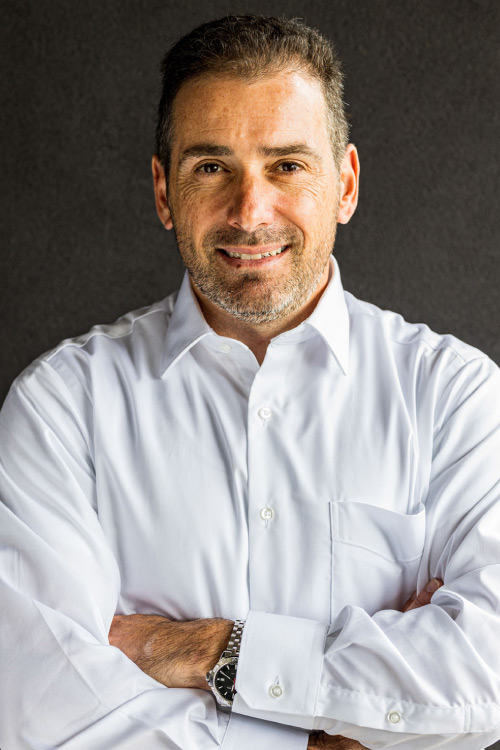13 Aug Bulletproof your Financial Future
A good financial plan is not only designed for the good times, but must also withstand unexpected events. Risk means different things depending on your stage in life.
Personal Insurance
For those with a family to support, insurance for death and disability is a must as these situations will have an enormous effect on your financial wellbeing. The following diagram best explains the four major risk factors to your financial wellbeing, and how to ensure they are mitigated.
Accurately identifying your insurance needs can be quite complex, and there are ways to minimise the impact of insurance premiums on your cash flow, as well as to save on tax. There are many tools available online to help you calculate your needs; however, it may benefit you to explore your needs thoroughly with a financial planner.
As you approach retirement, the need to protect your portfolio from large swings in the market will become more important. Protecting your retirement nest egg can be achieved in the following ways:
- Diversifying your portfolio with a combination of conservative and growth oriented investments;
- Securing the income of part or all of your portfolio using guaranteed annuities; or
- Purchase protection on your portfolio against falls in the market. This can cost between one per cent and two per cent of your balance depending on the term selected.
When it comes to your retirement fund, fees shouldn’t be the only thing on your mind. This is where a discussion with a financial planner about your retirement needs and risk tolerance is essential.
Planning your Estate
A comprehensive estate plan ensures that your assets end up in the right hands at the right time when you depart this world. In order to achieve this, you need to consider the following:
- Is your will up to date?
- Do you have a living will (also known as powers of attorney)?
- Would your family know what to do if the worst were to happen to you?
- Have you considered where your superannuation and insurance money should be directed?
- Who will be there to help your family handle their financial burdens when you are gone?
A good financial planner will advise you on your estate plan and work in conjunction with a solicitor who will prepare the documentation.
Most people have insurance for their home and motor vehicle, but fail to cover their most valuable assets – their life and their ability to earn income over the long term.
 Graph Source: CommInsure Life Stages
Graph Source: CommInsure Life Stages
As you can see above: Life, disability and critical illness cover provides significantly higher claims on average, and more than 80 per cent of Australians are not sufficiently covered.
[titled_box title=”Case Study ” bgColor=”#ff8400″ textColor=”#ffffff”] [pullquote3 quotes=”true” align=”right” variation=”orange” bgColor=”#ffffff” textColor=”#eda617″] Joel and Ilana review their personal protection and obtain the majority of their insurance cover within their superannuation fund, which means they don’t have to fund all of the premiums out of their after-tax salary. They have peace of mind that their family will be looked after if the worst were to happen to them.[/pullquote3]
Joel and Ilana have three youngchildren. Ilana has been a part-time homemaker for the past five years and Joel earns a salary of $95,000 per annum.
Their home is valued at $500,000, they have debts totalling $300,000 and the repayments are $2,150 per month.
Joel is concerned that if something happened to him, Ilana would struggle to meet the loan repayments and may even need to sell the family home to clear their debts. So they decide to see a financial planner to discuss their insurance needs.
After finding out more about their financial situation, their planner points out that if Joel becomes totally and permanently disabled or dies, he (or Ilana) could receive a lump sum payment from his super fund of 120,000. This includes his existing account balance and an insurance benefit provided by his fund.
Their financial planner then explains that whilst this money could be used to reduce the debts to $180,000, Ilana may still find it difficult to meet the repayments. This is because, even though she could return to the workforce, she would probably have to meet some additional costs from her salary, such as childcare and household help.
To ensure enough money becomes available to clear the debts, their financial planner recommends Joel take out $200,000 in life and TPD insurance to supplement the $120,000 that would be paid from his super fund.
Furthermore, because Joel is unlikely to receive a benefit from his super fund if he becomes critically ill, unless the illness is terminal, their financial planner recommends he use critical illness insurance to cover their part of their total debts ($150,000). This will enable Joel and his family to focus on his recovery without the financial stress of having to meet loan repayments.
Note: This case study highlights the importance of speaking to a financial planner about making sure you have enough insurance to clear your debts and provide for your family.
Financial planning shouldn’t just be about scrimping and saving. The purpose of a plan is to enable you to lead the life you wish to lead now – not just at some imaginary date in the future.
So, we encourage you to take the time to identify your values and spend your money and time accordingly. This is the only way to achieve financial wellbeing.[/titled_box]
SOURCES:
1. The risk store 2011, Industry Stats 2010 published 30th June 2011. Figures not inclusive of insurance paid from superannuation funds.





